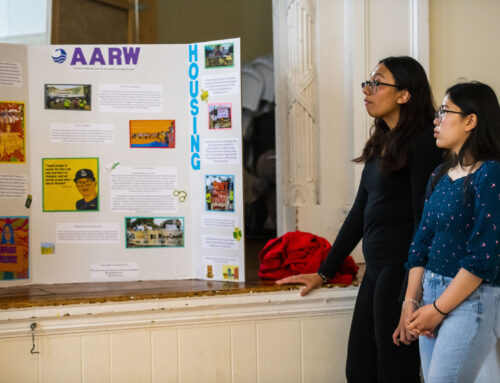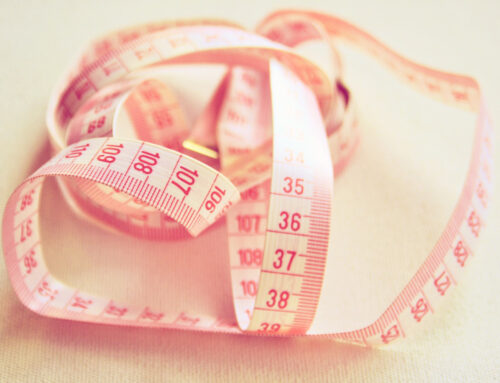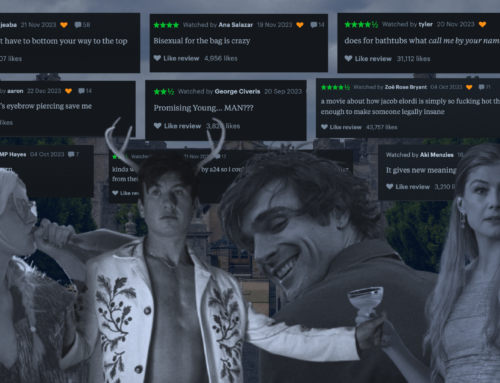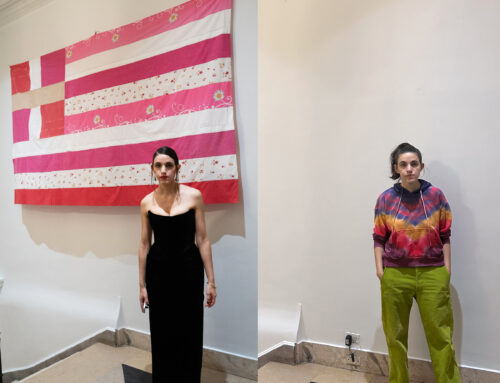In the midst of a TV show drought, the new Netflix romantic comedy, “Emily in Paris” doesn’t come close to creator Darren Star’s previously made show, “Sex in the City”, which similarly features a female protagonist exploring her life in a big city. Instead, “Emily in Paris” attempts to make commentary on the differences between American and European culture. Although an “Emily in Paris” character declares happy endings as “very American”, the predictableness of the episodes is exactly what makes its stereotypical tropes feel-good moments.
Renewed for a second season, “Emily in Paris” centers around a young, ambitious woman (Lily Collins) working for a marketing firm in Chicago. The firm has recently acquired a Paris-based luxury marketing agency, Savoir, and Emily’s boss, Madeline (Kate Walsh) is set to oversee the transition of the business. Once Madeline finds out she’s pregnant, however, Emily is sent in her place.
Enter Emily in Paris, confused by Parisian floor numbers, obsessively taking photos of croissants, and of course, not at all fluent in the language. Luckily, her very attractive French neighbor, Gabriel (Lucas Bravo) is willing to guide her through the intricacies of French life. Emily has a difficult time adjusting to her new position at Savoir despite her colleagues being able to speak English. This is mainly because of Sylvie (Philippine Leroy-Beaulieu), the head of the marketing agency, who is always ready to give Emily a hard time as she waits for Emily to offend clients or commit other blunders.
Overall, the plot is predictable. Emily has casual relationships with many French men after breaking up with her noncommittal boyfriend back in Chicago. Mindy (Ashley Park), a nanny and aspiring singer from China, serves as Emily’s best friend, guiding her through her cultural and lingual ignorances. There is a solid love triangle, and the business side of marketing is somehow presented in a modern, interesting way, appealing to younger generations who rely on social media.
At one point, Star attempts to make Emily a progressive, woke figure, with her critique of a perfume advertisement involving a naked woman being gazed at by men (props to her for acknowledging the presence of the male gaze in marketing). This is when the director of perfume brand Maison Lavaux, Antonie (William Abadie) famously says, “Desire does not mean lack of respect. In fact, quite the opposite. It is a sign of respect.” How French! At least, according to the show… Emily’s attempts to address sexism come off as forced and French culture is used incorrectly as justification for the sexualization of women. The very Americanized view of French culture portrayed in the show is thus unfit for topical discussion regarding gender inequity.
Nevertheless, Emily’s aesthetic pastry pictures and French skylines build her quite the social media presence, and she uses this newfound stardom to market Savoir’s luxury brands to Americans—which brings us to the main vignette of the show: the American and European culture clash. While understandable that Emily couldn’t have predicted her job placement in Paris, her lack of French sets her up as the ignorant American, unwilling to embrace European culture. As she explains to the Savoir employees, “I did Rosetta Stone on the plane, but it hasn’t kicked in yet.” On the other hand, French natives are portrayed as sex-addled, cigarette-smoking snobs, setting up an extremely polarizing spectrum of stereotypes.
Although the idea that Americans lack appreciation for foreign cultures has merit, it is important to acknowledge the tourists and long-term residents who make the effort to ingratiate themselves in an unfamiliar environment. Luc (Bruno Gouery), a colleague of Emily’s, explains a key difference between the conflicting cultures. “I think Americans have the wrong balance. You live to work. We work to live,” Luc says following Emily’s evident confusion regarding Savoir’s later starts to their workdays. Perhaps this is the true maxim to gain from “Emily in Paris”: the importance of slowing down, focusing on relationships, and of course, always saving at least one bottle of champagne to spray on yourself.
But really, “Emily in Paris” does hold some important morals; they are just buried under cheesy Instagram captions and French-filled banter. Despite Lily Collins’s extensive acting experience, the supporting characters are what make each episode worthwhile. Park’s transition from Broadway to television is a welcome one and viewers of “Emily in Paris” will even get to see her rendition of Sia’s, “Chandelier”. Bravo as Gabriel is sweet, charming, and ambitious: the quintessential, dreamlike, French boyfriend. Compared to Darren Star’s “Sex and the City”, the writing is weak, but most of the actors are able to deliver their cliched lines with some success.
The highlight of “Emily in Paris” is really the cinematography. Sunrises on the Seine, quaint, French apartments, a chateau in Champagne, one episode and you will be planning your next trip to the City of Light. Costume design is also a strong element throughout. Emily’s wardrobe is a vibrant palette of skirts, berets, and high heels—every workday a fashion show.
Despite the hackneyed portrayal of France and the stereotypical American vs. European culture debacle, “Emily in Paris” is still worth a watch. A classic romantic comedy show, it will make you smile, chuckle, and perhaps scoff all at the same time. France is waiting for you.




